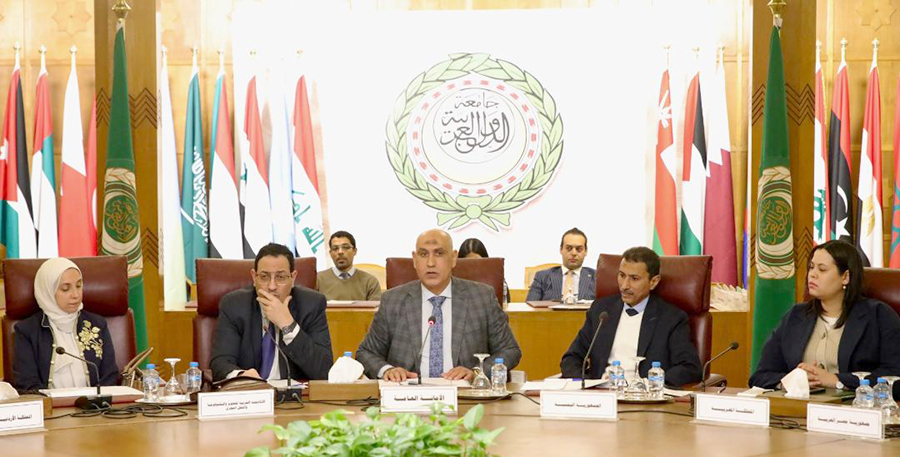LOC16:37
13:37 GMT
 Workshop on establishing an Arab mechanism to support the field of the shipbuilding and ship repair industry in Arab countries
Workshop on establishing an Arab mechanism to support the field of the shipbuilding and ship repair industry in Arab countries
CAIRO, Feb 5 (KUNA) -- The League of Arab States confirmed Monday, that the Arab region is considered a crossing point for international trade convoys through history due to its geographical location.
However, the developments taking place in the region have led to a change in the landscape of transport management in the world.
This came in Arab League speech delivered by Director of the Arab Economic Integration Department at the League, Dr. Bahjat Abul Nasr, during workshop on establishing an Arab mechanism and database to support the field of the shipbuilding and ship repair industry in the Arab countries.
This workshop is being held under exceptional circumstances that the world is going through, as the global economy witnessed a number of successive challenges since the mortgage crisis, then the spread of the Corona virus, the Russian-Ukrainian war, energy and food crises, and above all that the genocide war in Gaza by Israeli occupation, he said.
He stressed the League's firm position in condemning aggression and violations against Palestinian people, and called for the necessity of stopping the aggression against the Gaza Strip and allowing "immediately" entry of humanitarian aid, food, and fuel.
"All of these crises have negatively affected the global economic performance," he said. Adding economists expect the slowdown in global growth to turn into a recession, which will reflect negatively on the performance of the global economy.
Many Arab summits have emphasized the necessity of strengthening the connectivity of the Arab countries by land, sea and air to activate Arab economic integration, where improving the shipbuilding industry in the Arab region is the best way to achieve this goal, he said.
Abul Naser said that maritime transport is the backbone of revitalizing countries' economies, as it contributes about 80 percent of the volume of global trade.
He called for mobilizing efforts to achieve common visions and emphasizing the necessity of cooperation to ensure the ideal use of resources, as well as avoiding duplication of work, in a way that serves the economies of the Arab countries. (end)
mfm.sam